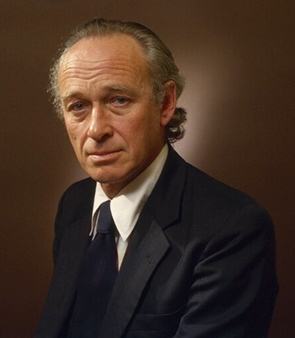Chris Grayling was rubbish but probably gets a worse reputation on here than he deserves
Nothing seemed to go right under his tenure and he’ll be associated with the cancellation/ failure of various projects, but he got the job at a time when it was becoming too apparent that the promises of CP5 weren’t going to be delivered, and something had to be done to ensure that Network Rail had a line in the sand - a tricky time to be Transport Secretary
Perversely, I would suggest Lord Adonis as the worst, after Barbara Castle.
After 12 years of his Party running down Network Rail with no new electrification, he announced about six schemes just before his Party lost power, for an industry both public and private that had been stripped of its technical capability. Give a starving man a seven course meal....
I was about to agree with you about Adonis’s reputation being too high, I find it surprising how he gets credited for making lots of promises in a short period which he was never going to be able to deliver
However the idea that Labour had spent the previous twelve years of running down Network Rail?
I’d argue that too much time had to be spent on tackling the huge infrastructure failings identified post-Hatfield, rather than getting ambitious about new things - but it was necessary to focus instead on doing the work that should have been done properly in British Rail/ Railtrack days
This was the era where the industry was even discussing taking down the unreliable wires on the ECML north of Newcastle - not to upgrade them, just to get rid because they were more of a disbenefit…. Unthinkable nowadays!
(I know Railtrack make for villains but let’s not pretend that all of the outdated infrastructure problems was only due to decisions taken on their watch, given the organisation was around for less than a decade)
However there was lots of very important electrification still done, it’s just that four tracking of sections of the WCML doesn’t seem to count as much as approval for some branch lines
Grant Shapps has mishandled more than the strikes. He has overseen cuts the railway not seen since BR.
Shapps feels like the only transport Secretary who has deliberately provoked and antagonised, he’s more interested in getting headlines acting “tough” with Khan/ Unions/ Labour than genuine improvements
Shapps has been very lucky, since the cuts imposed under him seem “hidden”, enthusiasts would be outraged if a private company wasn’t delivering everything in the TOC contract but now that such franchises are over there’s freedom to make cuts with no benchmarks/ accountability (again, it’s seemingly okay for these cuts to be made, as long as it’sa public sector decision)

